
At this time of year, university campuses everywhere are brimming with new graduates giddily tossing their mortarboards in the air. These fresh faces celebrate the end of school forever. “I’m done!”, they exclaim as they saunter away from final exams for good.
I remember that feeling well. When I completed my undergraduate studies, I strode towards big city shiny office towers. The Asian financial crisis of 1997 quickly jarred my bond trading career aspirations. My textbook days were far from over.
Developing skills and credentials were key to my remaining gainfully employed amid layoffs. Over the long term, those circumstances nurtured a habit of seeking professional development at every opportunity.
[Tweet “Through our commitment to learning, we gain access to new boardrooms and keep our seat once there.”]
Rest assured that investing in your board professional development needn’t involve a stuffy classroom. Instead, here are 5 actionable ways to propel your board career.
1. Get creative about how you seek experience in highly valued fields
Board-level demand for digital strategy, IT governance, and risk oversight experience has never been higher. While that’s good news for computer scientists and actuaries, is there hope for the rest of us?
Yes, if we hustle for opportunities. At work, seek out and create projects that demonstrate interest in hot subjects. Special projects involving cross-functional teams often offer a training ground and stories for board interviews.
Outside the office, contribute to unconferences and communities that explore innovative topics. To improve your understanding of risk, volunteer for a hospital’s quality committee. If you lack digital experience, apply the skills you do have as mentor for an entrepreneurial hub. The key is to act like a sponge in one area, while contributing your core strengths in another.
We can even build valuable experience on our laptops. While developing knowledge in his field, Pat Flynn created a blog to document his learning. Before long, his thought leadership developed an audience, one that describes him today as an authority on online marketing. Flynn didn’t wait for a convenient opportunity to learn and build a brand. He created it from scratch and we can too.
2. Teach
You needn’t hold a PhD to teach at a college or university. Several of my colleagues (here, here and here) enhance their board CVs with adjunct academic appointments. In addition to lending credibility, the experience perfects their inquiry, debate, and verbal presentation, all valuable skills to bring to boards.
The growing ecosystem of online courses offers another path. I created The Boardroom Blueprint in part to clarify my own approach to board service and career building. Granted, the online learning space may not bring Ivy-league prestige. But if it’s good enough for Jack Welch and Seth Godin, then it’s good enough for me.
3. Write a book
My history in publishing often prompts people to talk about a book they have longed to write. My response is always the same: Write it now. Stop talking and start writing immediately.
Book publishing great and business thought leader, Michael Hyatt, agrees:
“Being a published author has done more for my career—and my income—than I could have ever imagined. It has opened doors of opportunity I couldn’t have dreamed were possible. It can happen for you, too.”
Before you hesitate, think about the professional tailwinds one enjoys as a published author. A book has propelled the careers of countless young innovators (for example). Even those with impressive CVs benefit from publishing. If fancy consultants have trouble explaining their value to a potential board, they can simply leave behind a few books.
Whether self-published or backed by a publishing house, a book will cement your authority on a topic and open boardroom doors.
4. Get feet on the ground
Developing my knowledge of the retail industry is my developmental priority. Since joining the board of a retailer, I have been reading voraciously and asking as many questions as my friends in retail will tolerate.
A recent visit to a distribution center reminded me of the rich insights that can’t be found in print. Accordingly, I’ve laid out a schedule of new retail environments to visit. A template of observations and questions facilitates comparisons and insights. And as an MEC director, I have committed to attending an in-store event at five stores this year.
5. Invest in governance training
Although boards first look for expertise in key functions and sectors, every potential director must demonstrate a command for good governance. Nominations committees seek governance and strategy backgrounds to varying degrees, but this knowledge can help us steer around painful missteps.
I’ve written previously about formal governance training programs, such as this, this, this and this. For those who can’t commit to top-dollar training, these institutions often offer single-day courses and webinars. Members of ICD and NACD also receive bi-monthly journals on current governance research findings.
How else can we develop skills for the boardroom? What hacks can maximize the impact we make when time is tight?
If you found this post interesting, please “Like,” Comment,” “Share,” and/or Tweet. I invite you to follow me on LinkedIn and via Twitter @TamaraPaton.










